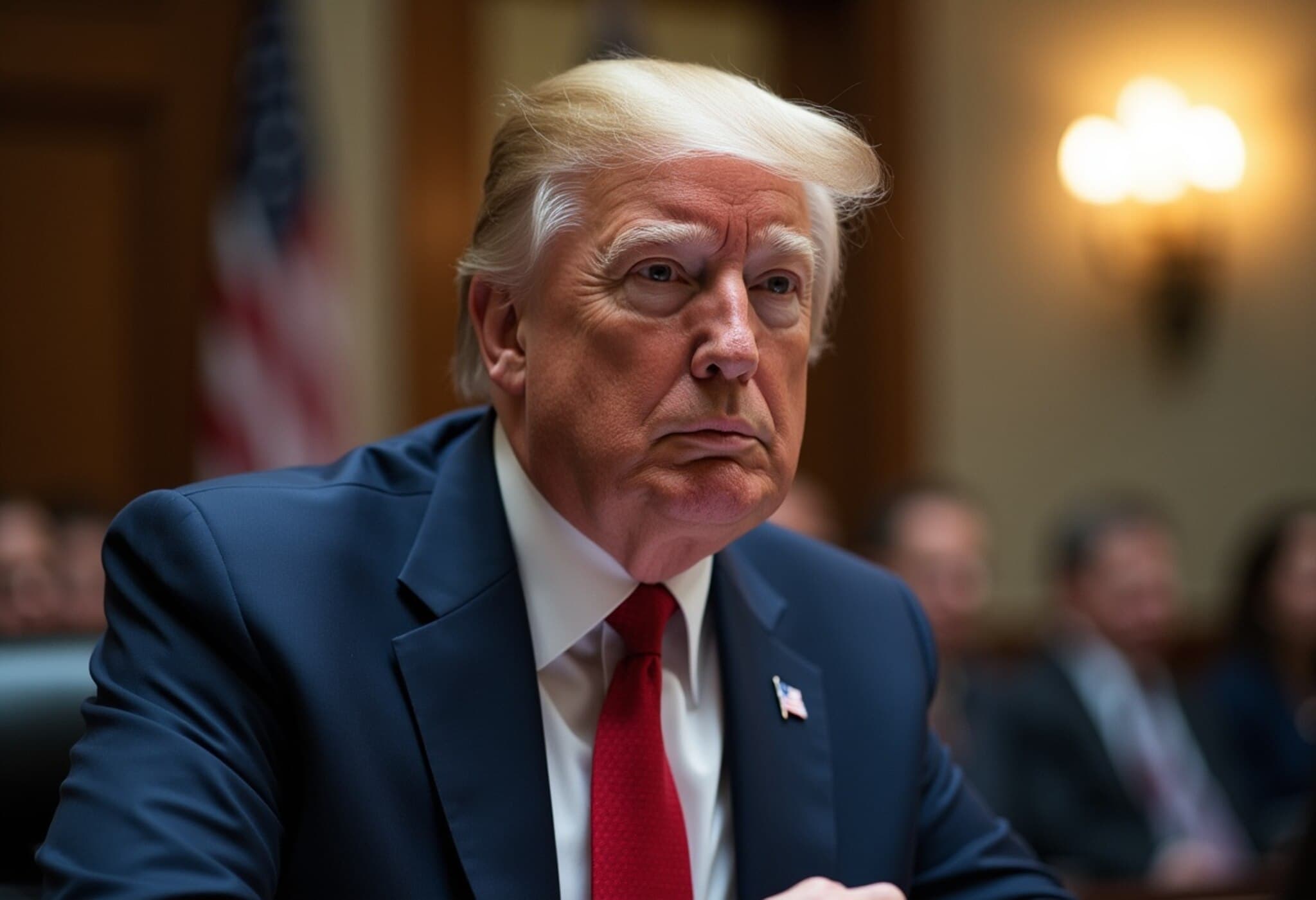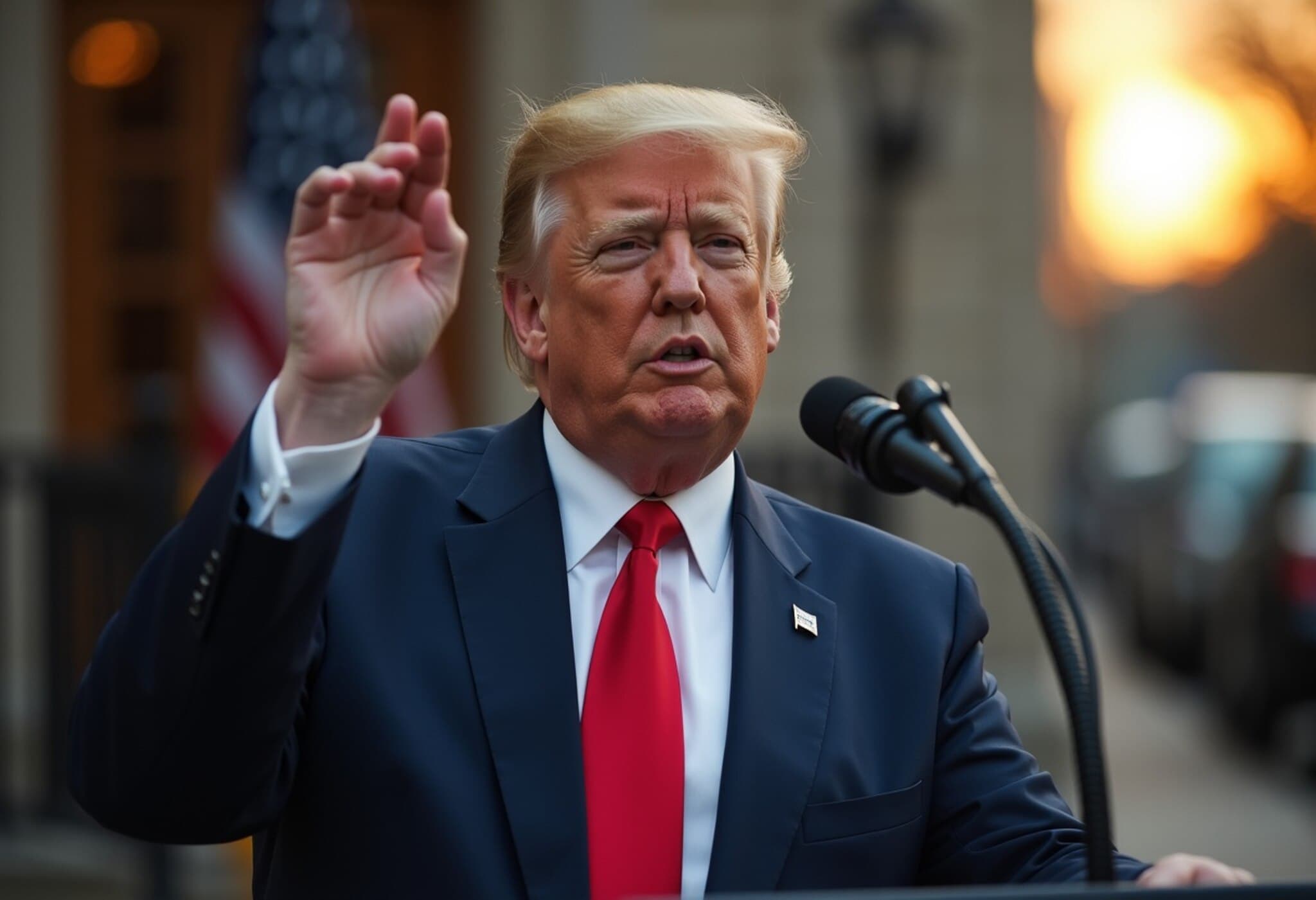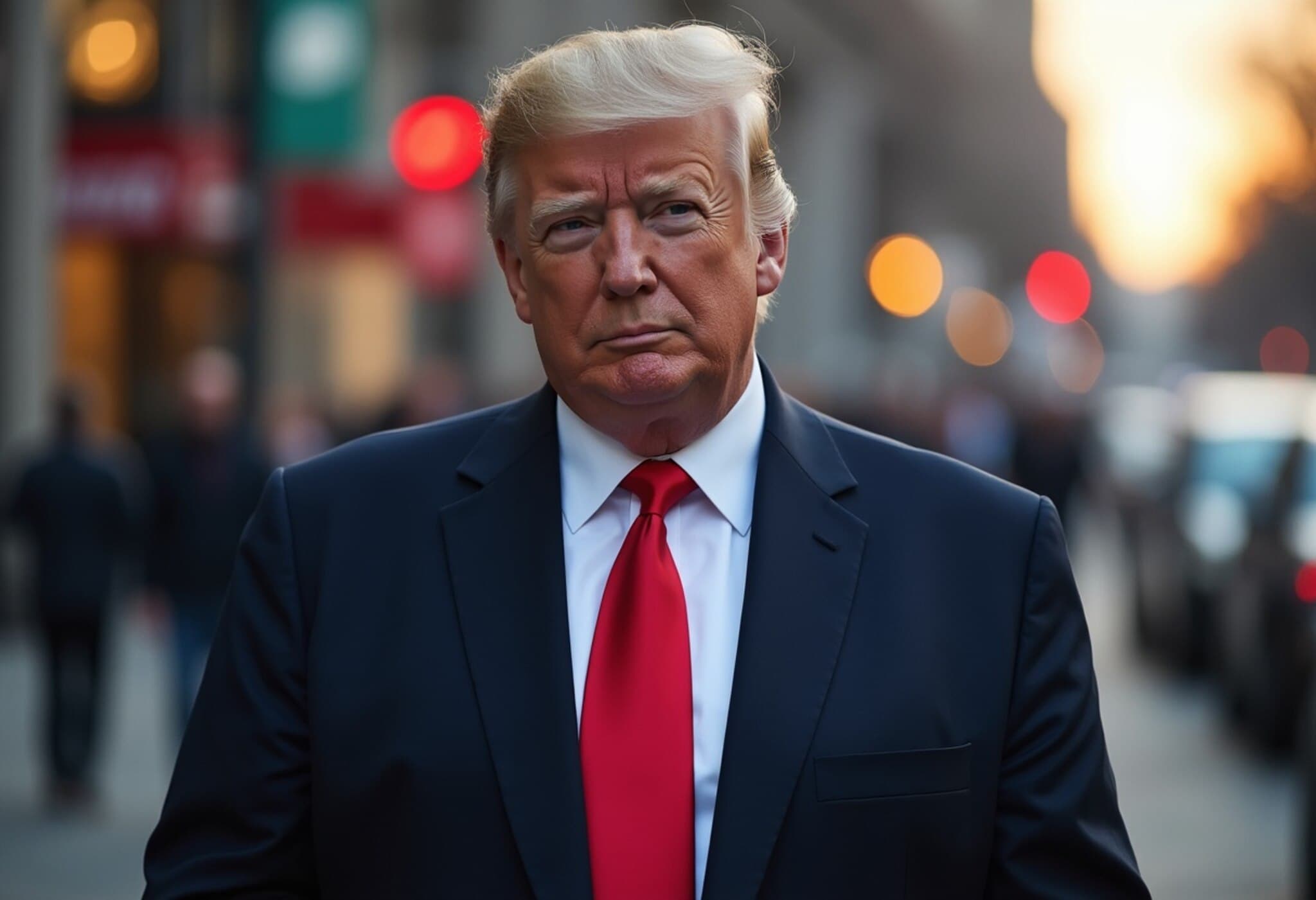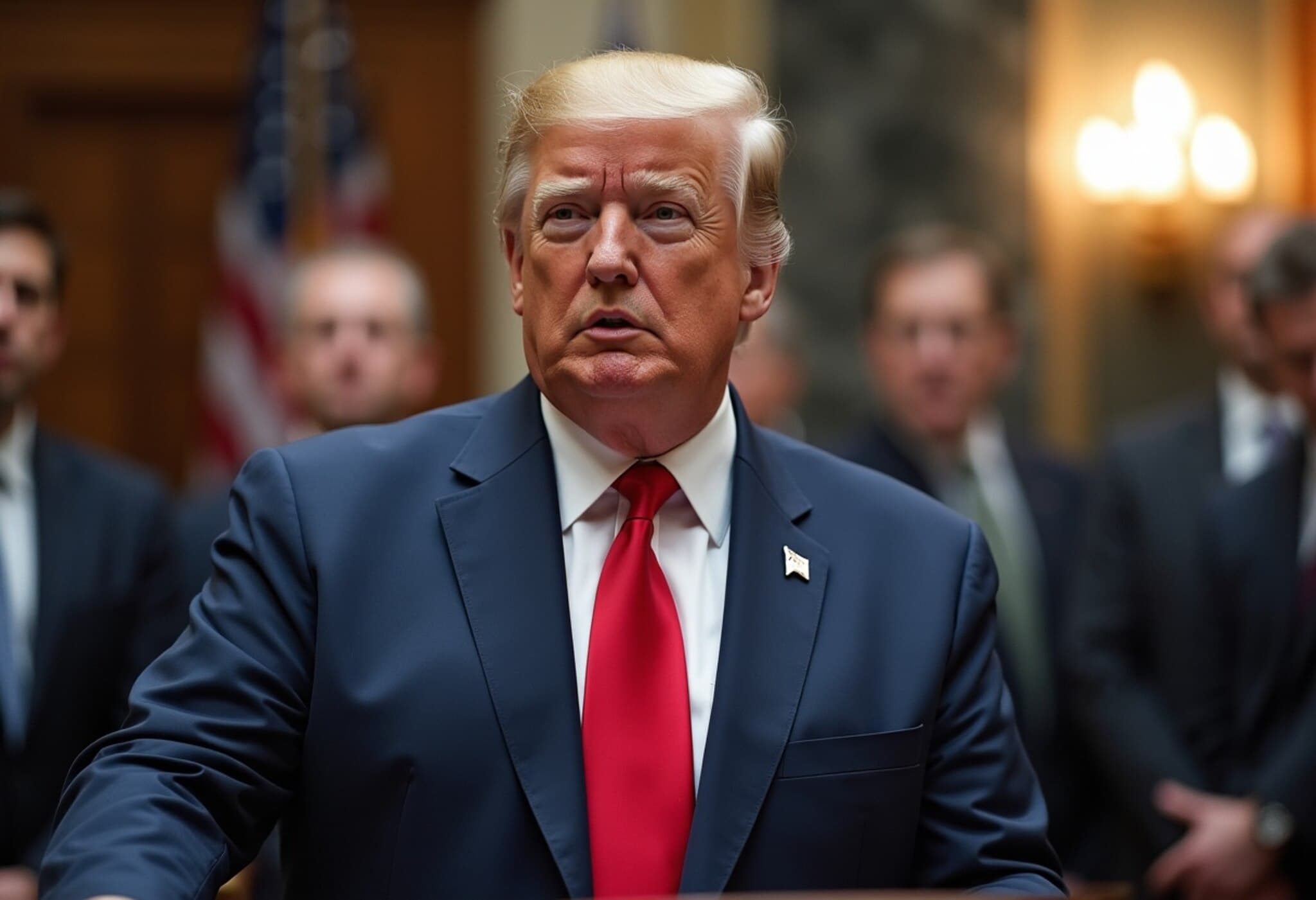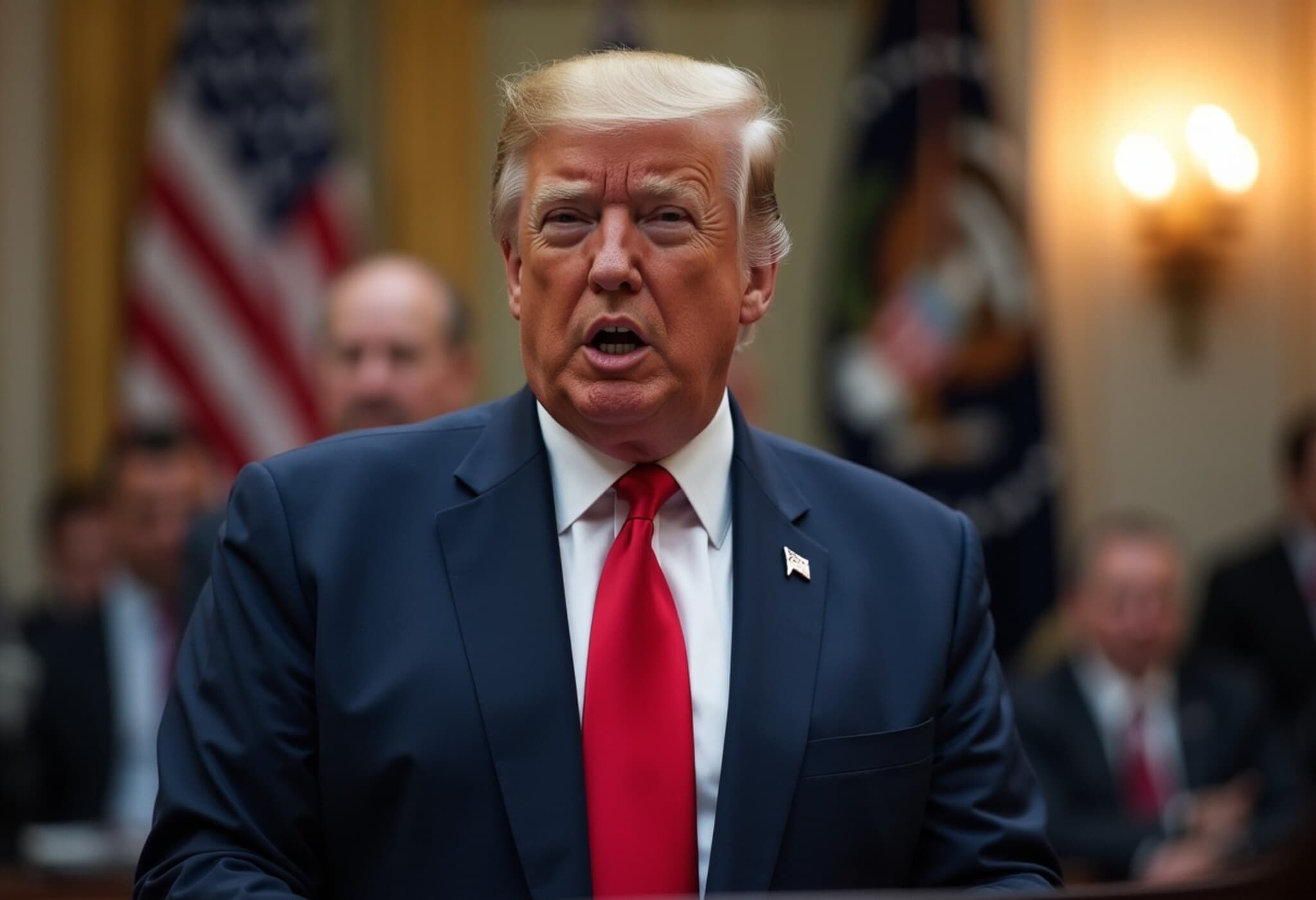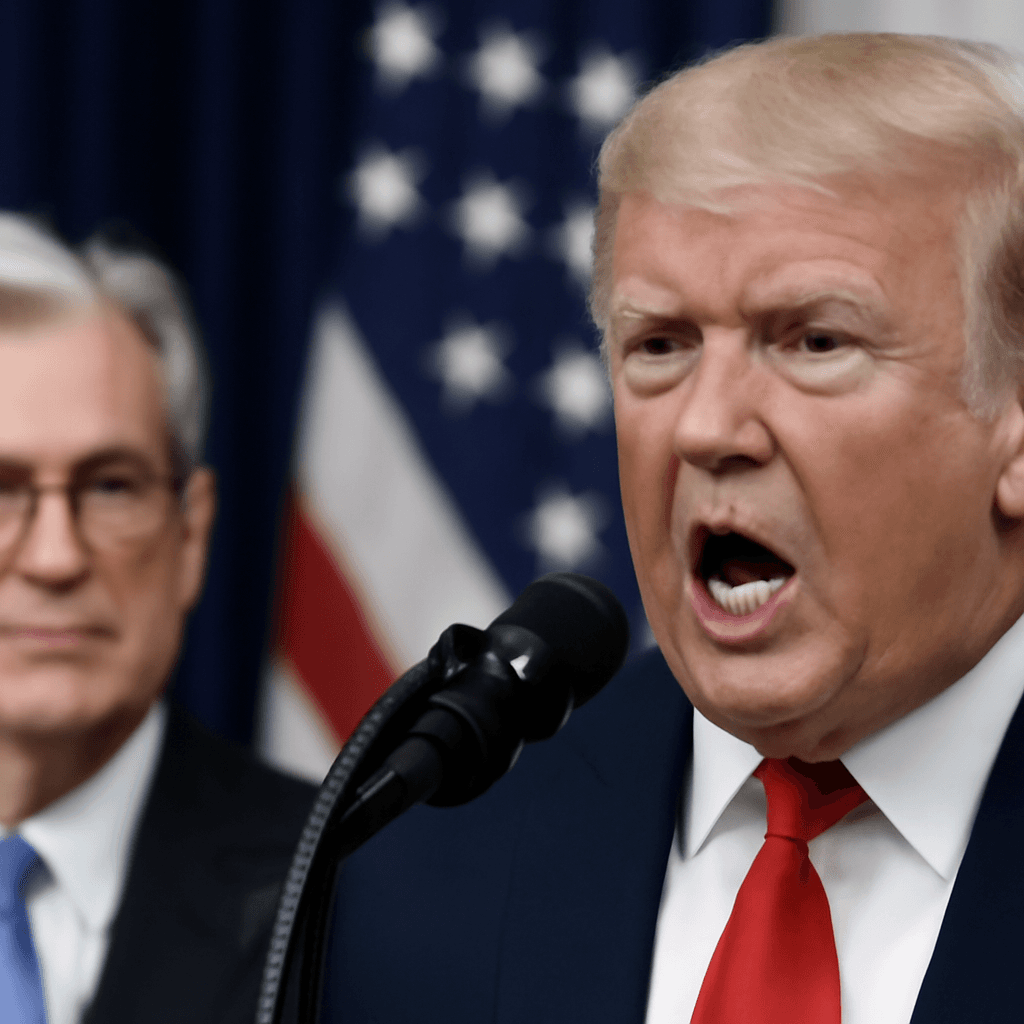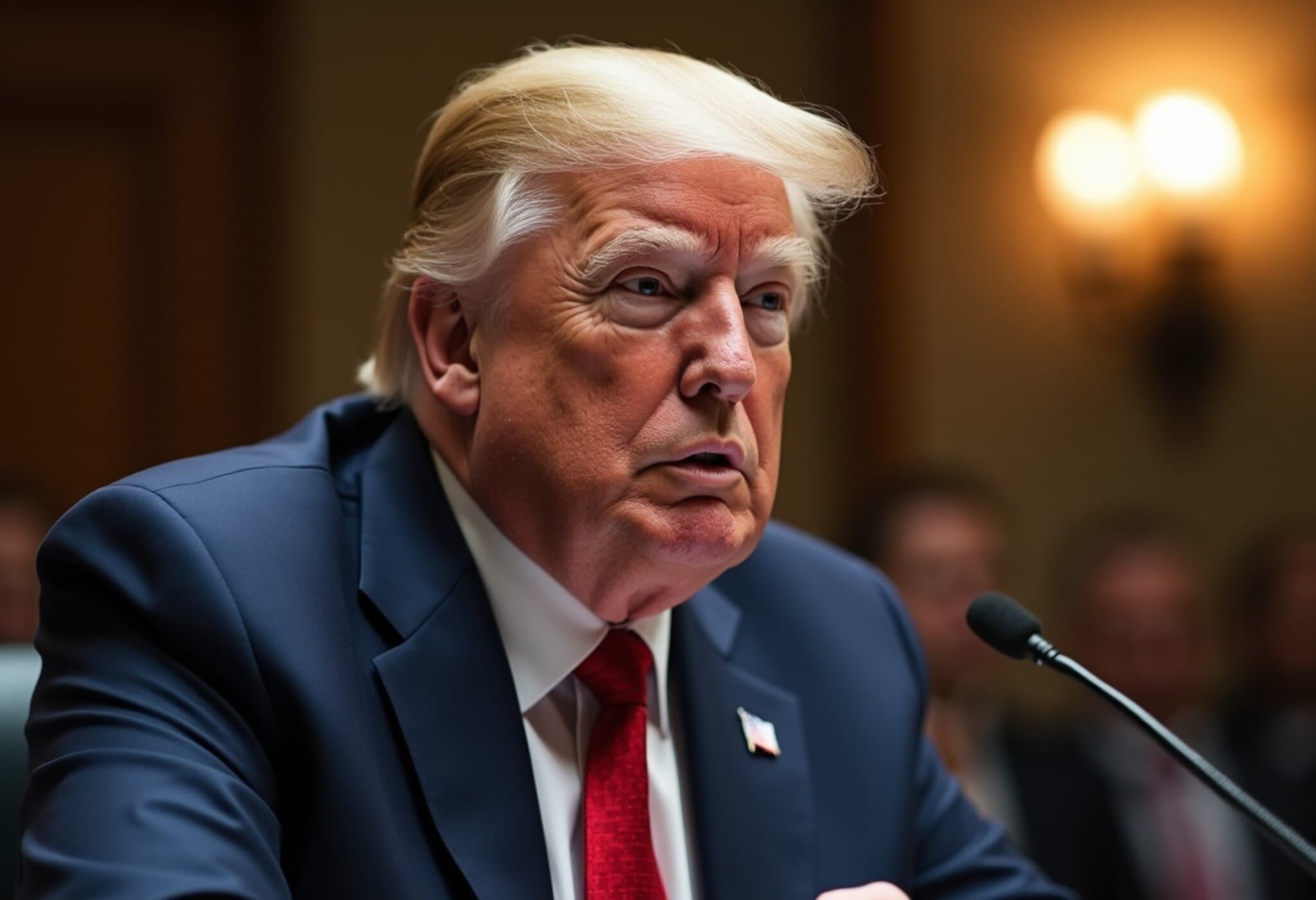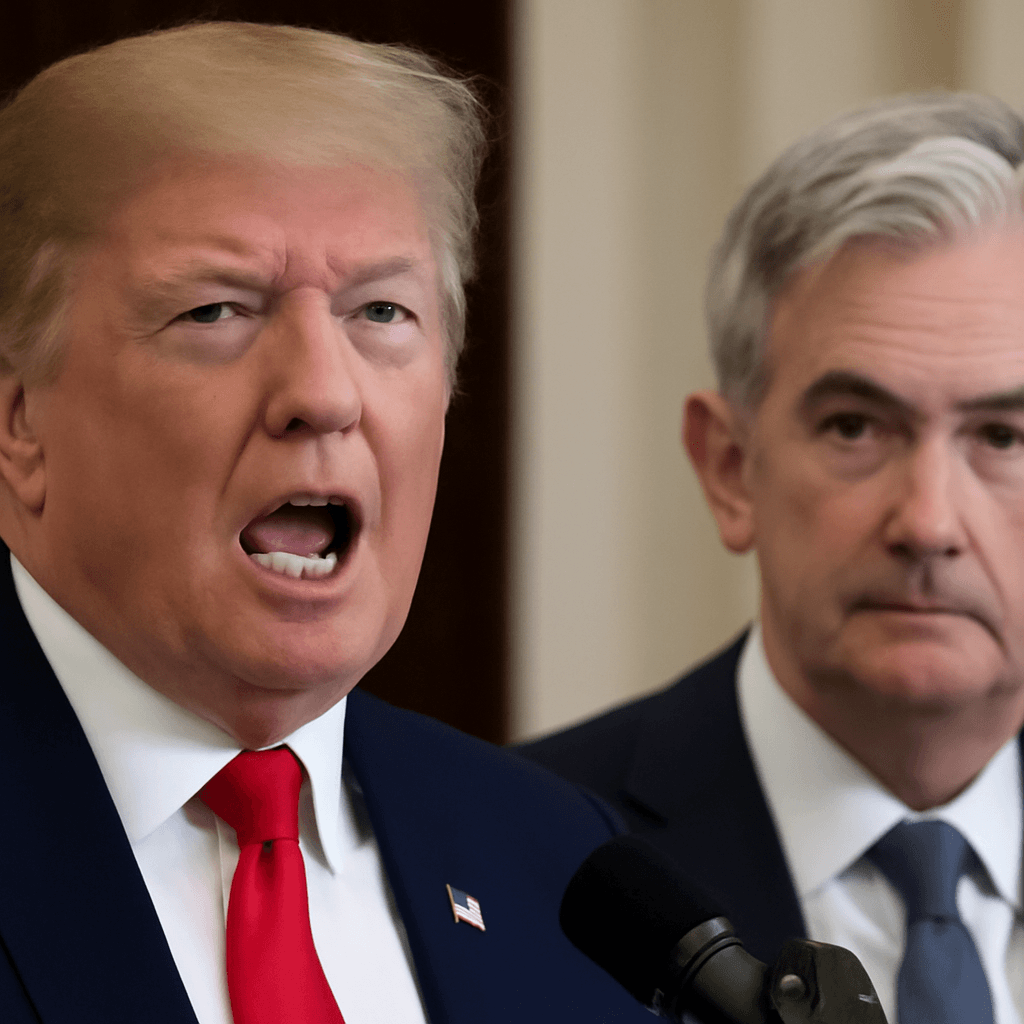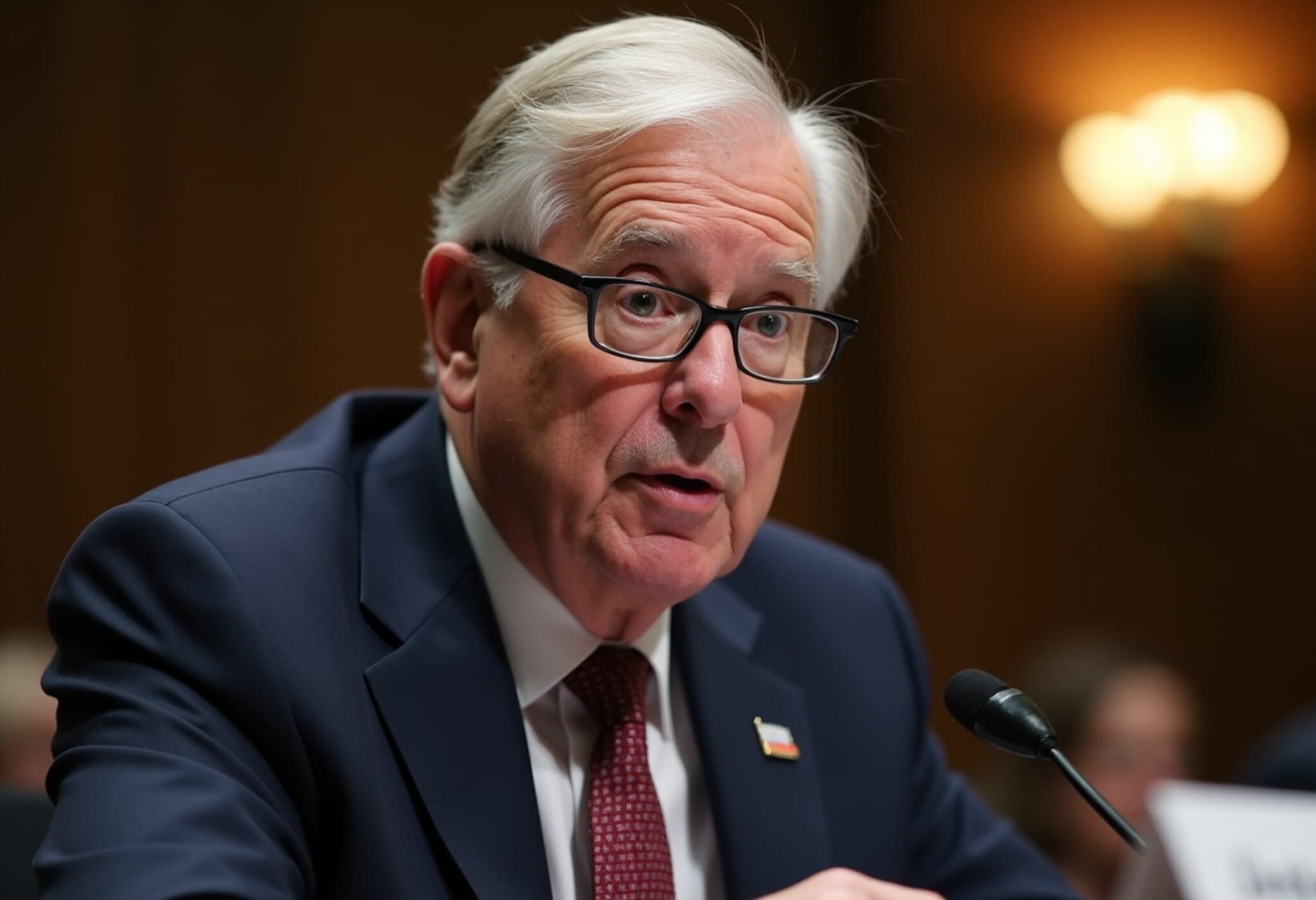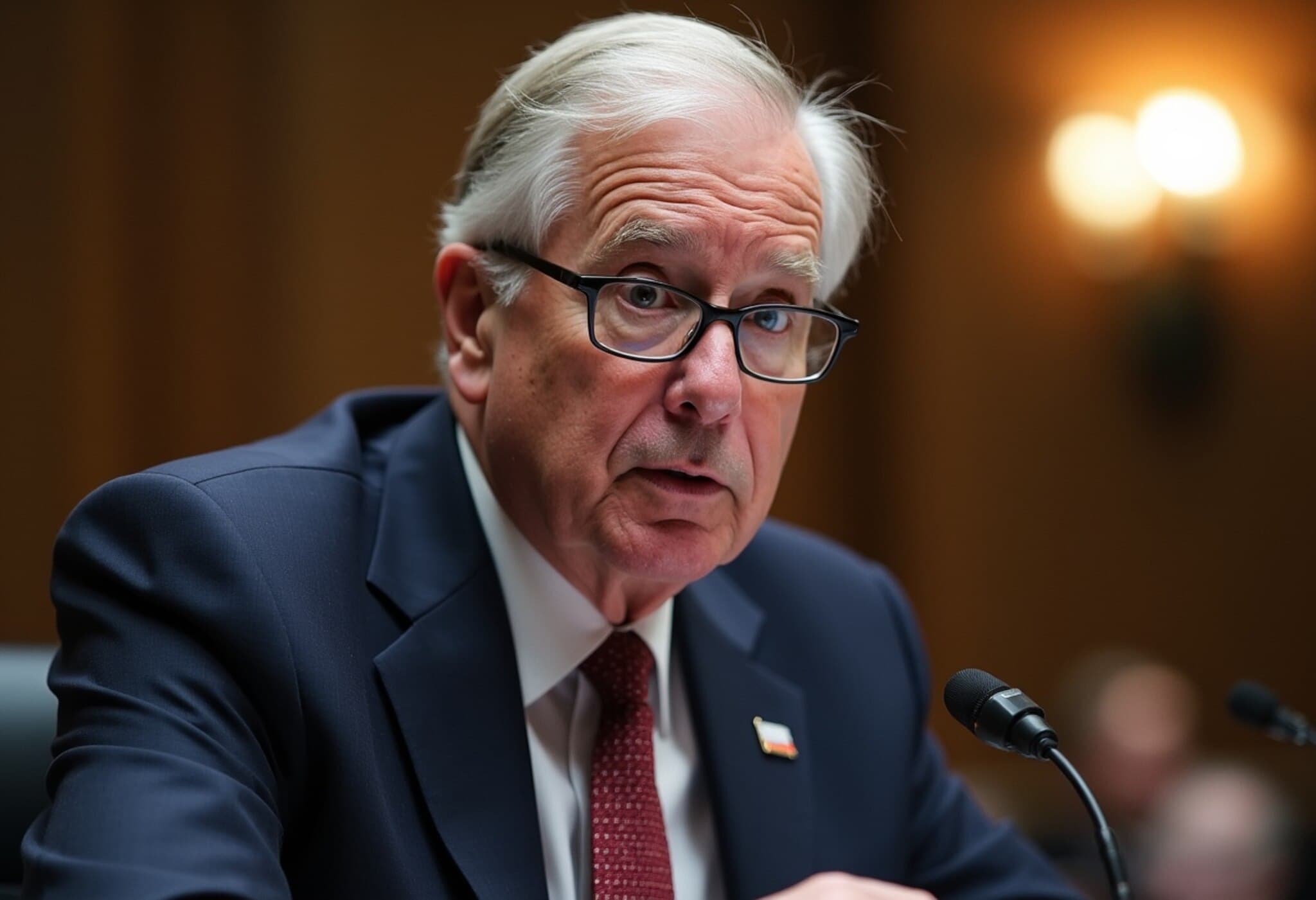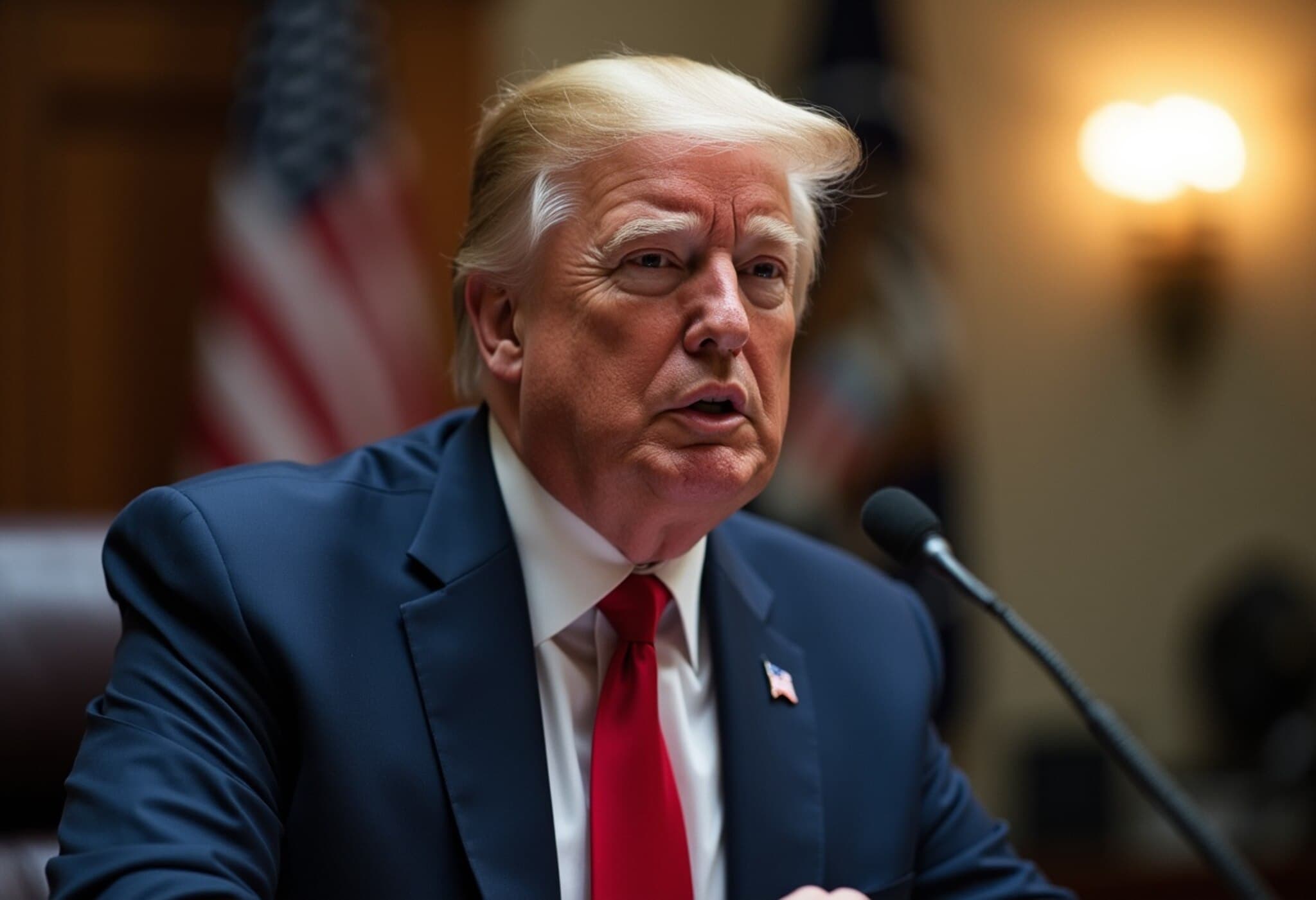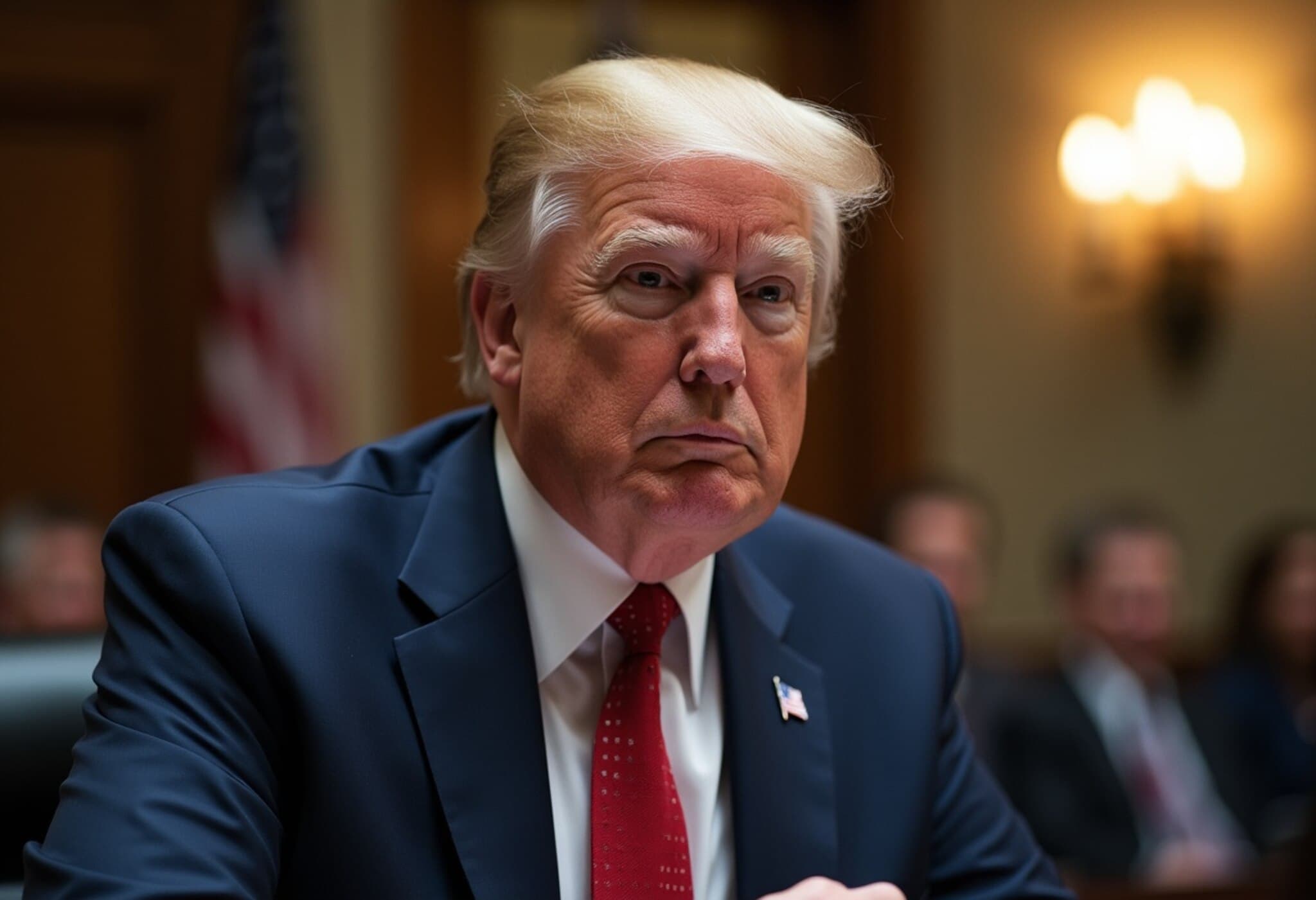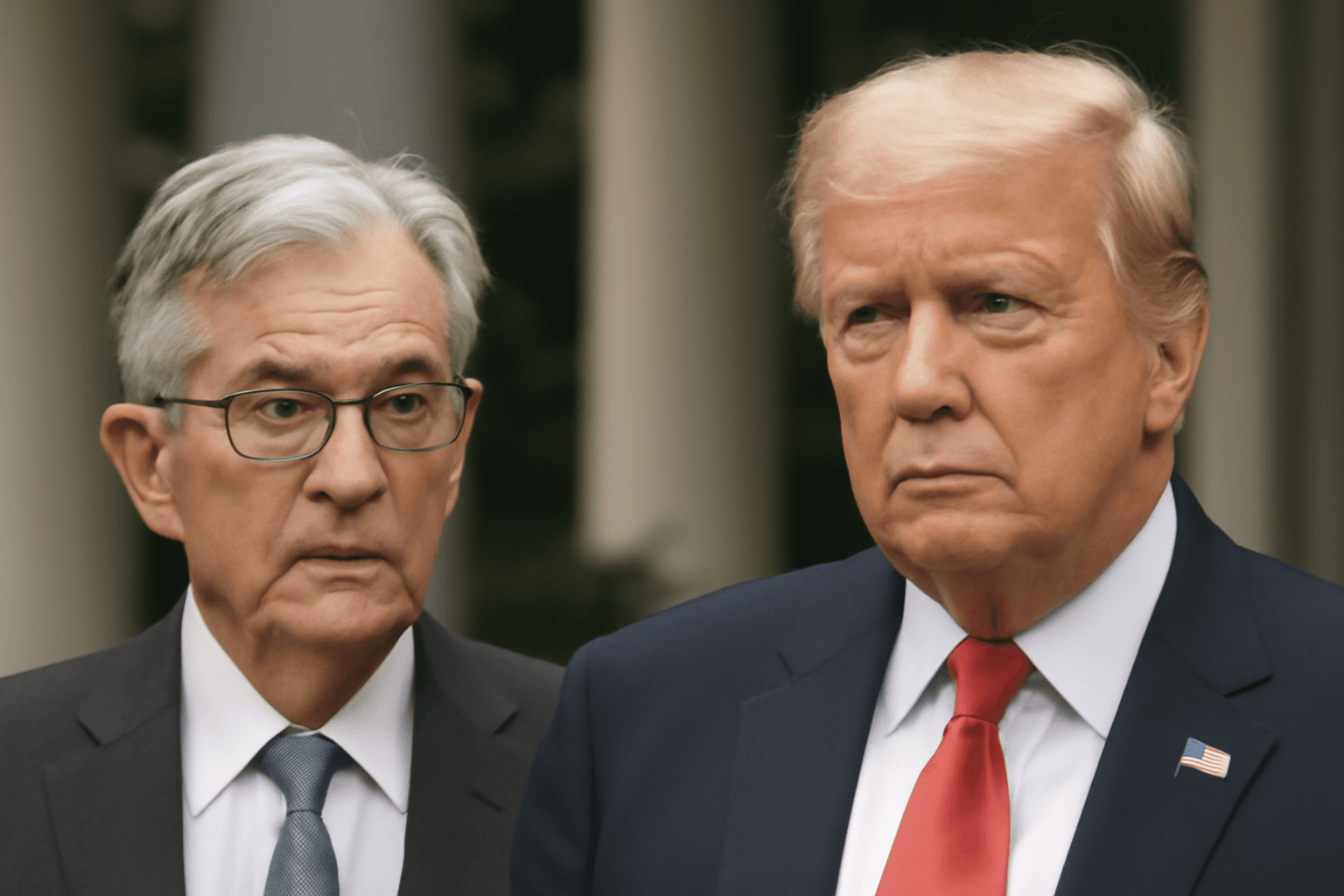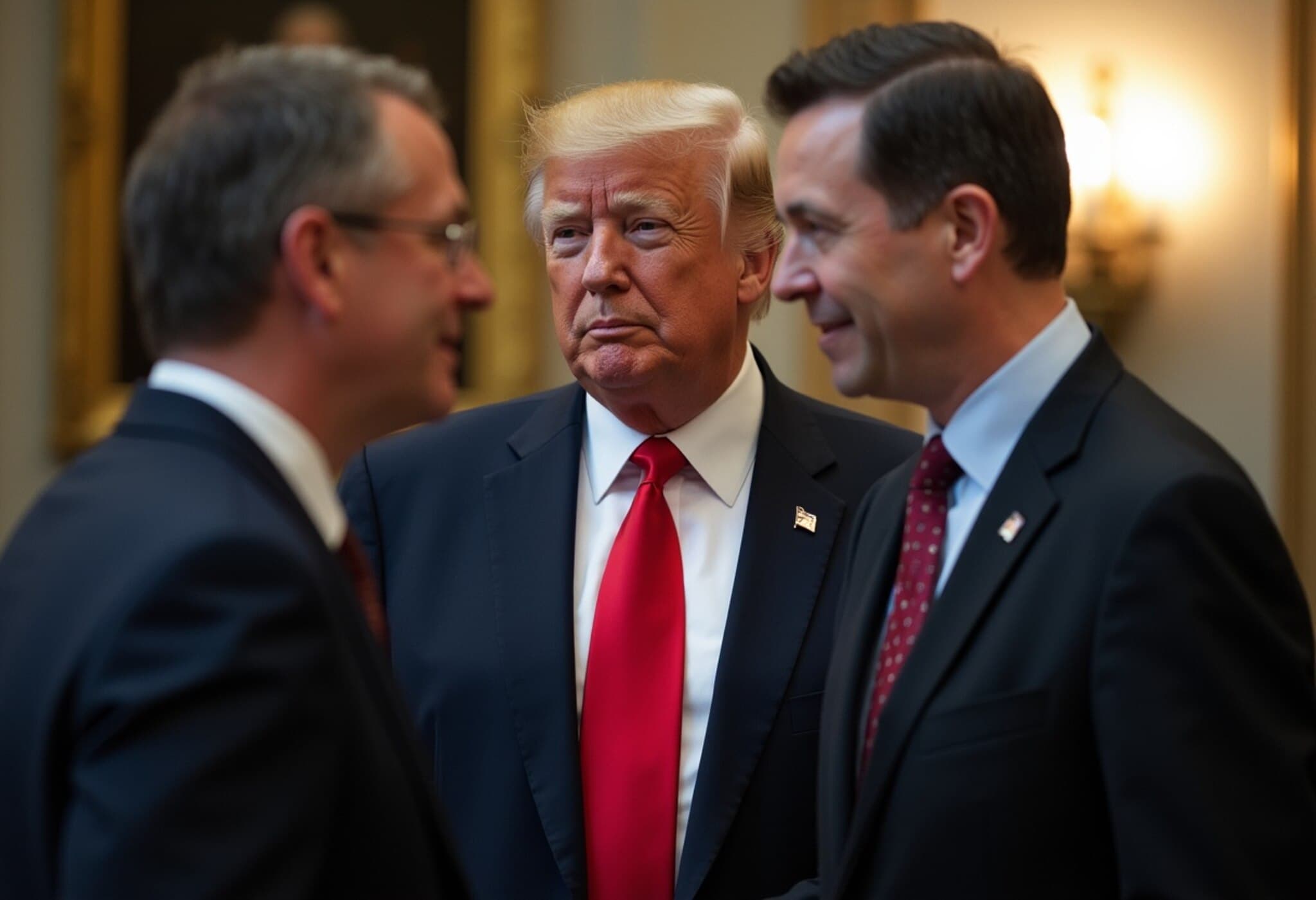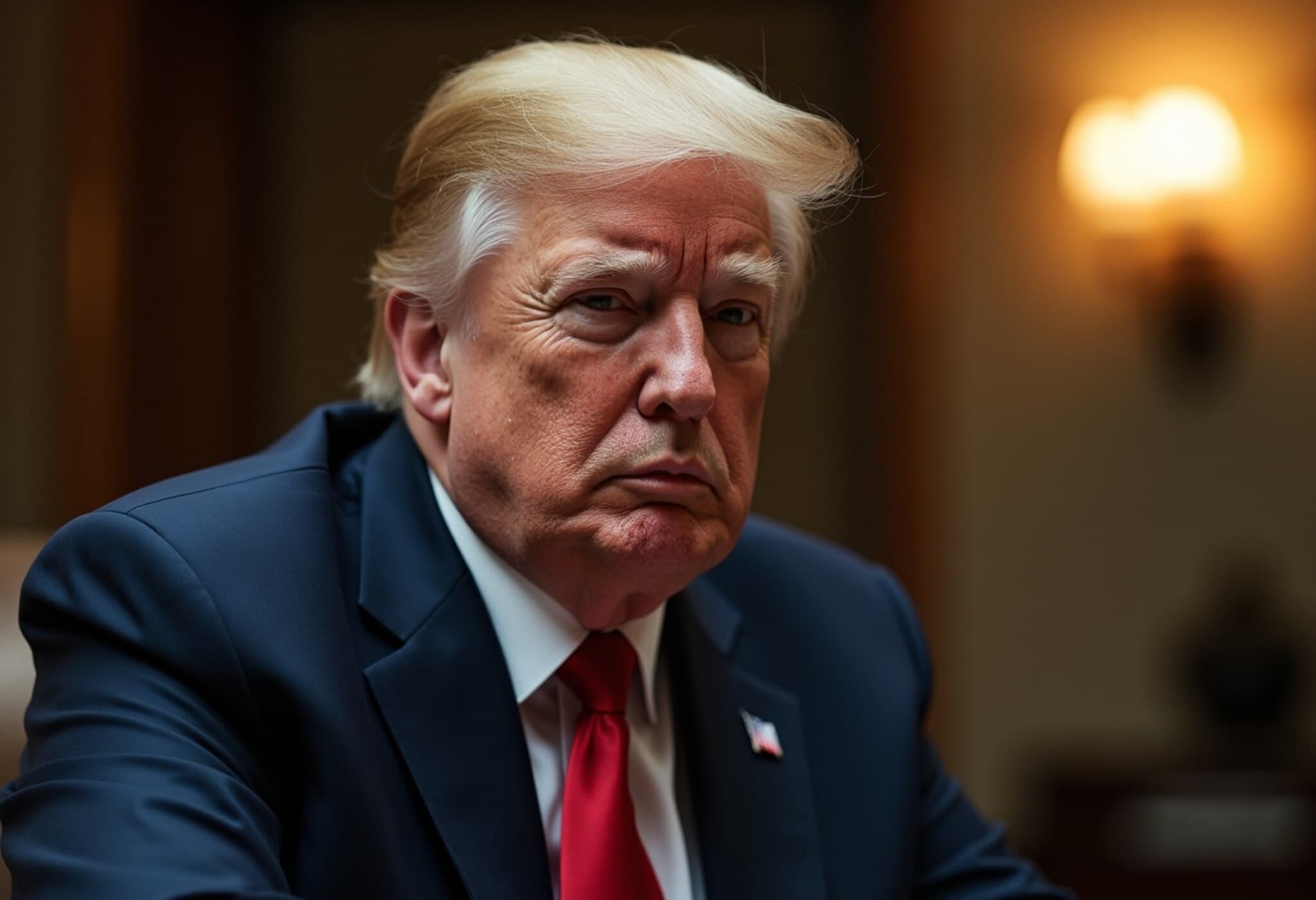Trump Expresses Frustration with Fed Chair Jerome Powell Amid Rate Policy Dispute
On July 17, 2025, former U.S. President Donald Trump publicly reiterated his dissatisfaction with Federal Reserve Chair Jerome Powell’s handling of interest rate policies. Appearing on Real America’s Voice, Trump said he would "love" it if Powell chose to resign voluntarily but acknowledged that firing him would likely destabilize the markets. While he stopped short of declaring immediate termination plans, Trump left the door open for "anything," adding that removal would be "highly unlikely unless he has to leave for fraud."
The Ongoing Tension: Interest Rates and Inflation
Trump’s grievances center on the Federal Reserve’s decision to maintain short-term interest rates between 4.25% and 4.50% since December 2024, a stance he argues has exacerbated inflationary pressures and increased government borrowing costs. The backdrop of escalating tariffs and inflation dynamics has heightened scrutiny on the Fed’s monetary strategy.
Before this interview, Trump met privately with roughly a dozen House Republicans to discuss the possibility of firing Powell, seeking political buy-in amid growing intra-party frustration. These discussions coincided with Trump's vocal criticism labelling Powell a "terrible" Fed chair and attributing responsibility to him for elevated long-term interest rates.
Legal Constraints and Institutional Independence
Importantly, recent Supreme Court rulings reaffirm that the Fed Chair can only be removed "for cause," preventing dismissal solely over policy disagreements. Powell, initially appointed by Trump in 2017 and subsequently re-nominated, has confirmed his intent to complete his term which extends through May 2026.
Experts highlight that Federal Reserve independence is a cornerstone of U.S. economic stability, insulating monetary policy from ephemeral political pressures. New York Fed President John Williams underscored this sentiment, stating the importance of a central bank ‘‘laser-focused on its mission’’ and affirming the enduring strength of the U.S. dollar as a global reserve currency despite recent volatility.
Renovation Controversy Adds Fuel to Political Fire
Adding another layer to the controversy, Trump and some Republicans have criticized the costly $2.5 billion renovation of the Federal Reserve’s historic headquarters in Washington, D.C. Trump linked the expenditure to his criticism of Powell, suggesting fiscal mismanagement, although no fraud evidence has come to light.
The Office of Management and Budget Director Russell Vought sent a letter expressing these concerns, prompting Powell to request an independent review by the Fed’s inspector general. The Fed also published a detailed fact sheet clarifying expenses, including allegations about VIP-style features that have since been addressed as misconceptions.
What This Means for U.S. Economic Governance
This episode exemplifies the delicate balancing act between political leadership and independent economic institutions. While Presidents wield significant influence, the Federal Reserve’s autonomy remains legally protected to preserve investor confidence and economic stability. The renovation scrutiny touches on broader issues of fiscal oversight within government-related entities subjected to public spending.
From an American policy perspective, the situation raises key questions:
- How can political accountability coexist with central bank independence without jeopardizing economic stability?
- What safeguards exist to prevent misuse or excessive spending within institutions like the Federal Reserve?
- Could political pressures on monetary policy undermine the dollar’s global status?
Looking Ahead
Jerome Powell remains committed to his role amid turbulent political waters, with his term secure at least until mid-2026. Meanwhile, the Biden administration’s support maintains a status quo that guards the Fed’s institutional independence.
For investors, policymakers, and the public alike, this saga highlights the persistent interplay between governance, economics, and political messaging in America — one that will continue unfolding as inflation and market dynamics evolve.
Editor’s Note
While President Trump’s remarks inevitably draw headlines, the Federal Reserve’s independence is a carefully constructed pillar of the U.S. economic framework designed to resist politicization. The concerns over renovation spending, though politically charged, also emphasize the necessity for transparent governance across all public institutions. As debates continue, monitoring how political rhetoric influences economic policymaking will be crucial, especially in a global environment where market confidence is fragile. Readers should consider not only the immediate headlines but also the long-term implications of politicizing central bank leadership.
— Reported with insights from Reuters, Fortune, and economic policy experts

